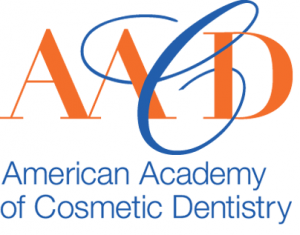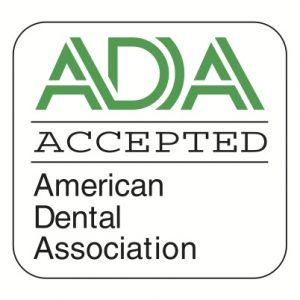 At The Dental Design Center – Ira J. Handschuh, D.D.S., our goal is preventing dental problems and keeping our patients’s smiles healthy and beautiful. We provide general and family dentistry at our White Plains dental practice.
At The Dental Design Center – Ira J. Handschuh, D.D.S., our goal is preventing dental problems and keeping our patients’s smiles healthy and beautiful. We provide general and family dentistry at our White Plains dental practice.
Adult Dental Health
As a general and family dentistry practice, we have been treating patients of all ages since 1996.
An interesting (and sad) thing we have noticed throughout the years is that many parents neglect their own oral health. Though they vigilantly keep up with their children’s dental visits and cleanings, for some reason, they fail to pay the same attention to their own oral health needs.
How Do You Keep Your Smile Healthy Throughout Your Life?
Let’s talk about adult dental needs. Once you are past the cavity-prone childhood and adolescent years, gum health becomes critical.
Gum Disease is the #1 Cause of Tooth Loss in Adults
Did you know that 47% of U.S. adults have gum disease? In adults, periodontitis (advanced gum disease) is the most common cause of tooth loss. Fortunately, gum disease can be reversed if you catch it in its early stages.
Gingivitis
The first stage of gum disease is called gingivitis. The fundamental symptoms of gingivitis include red or swollen gums. If your gums hurt when brush or floss, it could be a sign. You may also notice undesirable breath at times. (Others may notice it as well!) Gingivitis is generally caused by bacteria on the teeth and along the gum line. The most common treatment is increased brushing and flossing in addition to more frequent dentist appointments. It’s a good idea to visit your dentist every 3 months for deep cleanings and professional treatment. Your dentist may also prescribe a fluoride rinse.
Early Stage Periodontal Disease
When the infection spreads beneath your gums, destructive bacteria can start attacking the bone holding your teeth in place. This may cause redness and swelling of the gums, worsening breath, and intermittent bleeding. Early-stage periodontal disease can’t be entirely reversed, but your dentist can develop a treatment plan to prevent it from getting worse.
Moderate Periodontal Disease
At this stage, you are at risk of losing teeth. To treat it at this stage, your dentist will need to get rid of plaque from below the gum line (this same treatment may also be used with early-stage periodontal disease) in order to help halt the infection. Since your gums are slowly detaching from your teeth at this stage, surgery can reshape your gums and close the pockets between your gums and teeth. With first-rate self-care and one of our savvy oral hygienists at your side, you can still save your teeth.
Advanced Periodontal Disease
The final stage of periodontitis requires extensive treatment. Your dentist may recommend surgery to prevent tooth loss. Flap surgery is common for this stage and involves cleaning the actual roots of your teeth by scrubbing behind your gums. Your dentist may also smooth or reshape your damaged bone to restrict bacteria from accumulating.
Why Do You Need Regular Dental Cleanings?
With twice-yearly dental exams and professional cleanings, you can prevent early-stage gum disease from advancing to the dangerous stages. During professional dental deep cleanings, our hygienists thoroughly remove the plaque and tartar above and below the gumline. By scaling and planning, they smooth areas to make it more difficult for bacteria to accumulate.
Why Oral Cancer Screenings Are Essential
During dental examinations at The Dental Design Center – Ira J. Handschuh, D.D.S., cosmetic dentist Handschuh look for signs of oral cancer. Oral cancers are cancers in the tongue, mouth, lips, jaw, and throat. Many people don’t realize the seriousness of oral cancer.
Consider this unfortunate news from the Oral Cancer Foundation:
When found at early stages of development, oral cancers can have an 80 to 90% survival rate. Unfortunately at this time, the majority are found as late-stage cancers, and this accounts for the very high death rate of about 43% at five years from diagnosis
When your dentist completes an oral cancer screening during your dental examination, he/she will look for red or white spots, bleeding, lumps, difficulty swallowing, loose teeth, any color changes, and mouth sores. Is is vital to tell your dentist if your bite has changed, if you have sores that won’t heal, and prolonged hoarseness. An earache in only one ear can also be an indicator.
Having any of these symptoms does not mean you have oral cancer, as they can be caused by other conditions. However, if your dentist does something unusual, he/she may order additional tests or refer you to a medical doctor for further diagnosis and treatment if necessary.
Schedule an Exam and Cleaning Today
We are enthusiastic about preventative dentistry to keep your smile healthy and beautiful. If you are due for a cleaning, call us today.
Ask Us About Financing
If you don’t have dental insurance, ask us about dental financing options. Remember, it is far less pricey to prevent dental dilemmas than to treat them after they have become severe.






